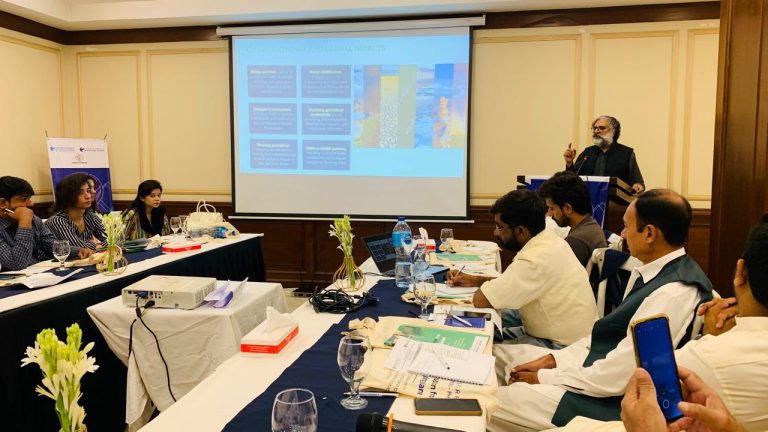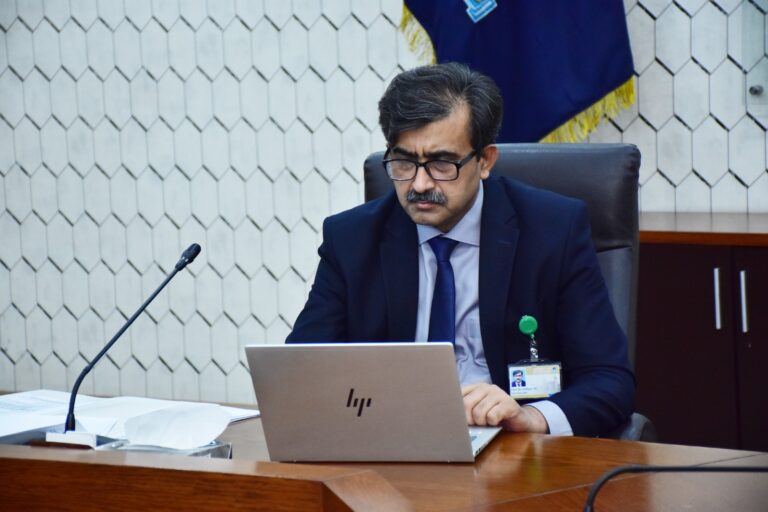Pakistan Could Earn Billions Through Carbon Credits but Faces Governance Hurdles: TI Report

Pakistan has the potential to tap into global carbon markets and generate up to 75 million tons of tradable carbon credits annually, translating into revenues worth between $400 million and $2.25 billion. However, weak governance frameworks and lack of institutional capacity risk undermining this opportunity, warns a new report by Transparency International (TI) Pakistan.
The report, titled “Carbon Markets Readiness in Pakistan: Addressing Governance Gaps and Safeguarding Against Integrity Risks,” highlights that Pakistan could capture substantial climate finance by aligning carbon projects with international standards. Even if 10-15% of the country’s annual greenhouse gas emissions were addressed through carbon initiatives, it could create significant environmental and economic benefits.
Yet, the findings caution that Pakistan’s carbon markets remain hampered by critical structural gaps. Chief among them is the absence of a consolidated national emissions baseline — a prerequisite for credible measurement, reporting, and verification of projects. The report stresses that while overarching policy frameworks exist, on-ground technical expertise and institutional mechanisms to implement them remain inadequate.
“Carbon markets are inherently complex, requiring high levels of technical capacity in emissions accounting, monitoring protocols, legal ownership, and market design. Pakistan must develop a robust governance architecture before it can fully leverage this opportunity,” the report notes.
TI Pakistan also warned that without transparency, trust in carbon markets would remain fragile. “Clear reporting standards, publicly accessible benefit-sharing frameworks, and robust channels for community participation are critical to ensure fairness and prevent integrity risks,” said Kashif Ali, Executive Director TI Pakistan.
To address these gaps, the report outlines ten key recommendations, including enacting a comprehensive carbon market law, creating a National Carbon Coordination Council, establishing sector-specific baselines, and building technical capacity across federal, provincial, and district levels. It also calls for integrating safeguards such as Free, Prior and Informed Consent (FPIC) to protect communities and ensure equitable benefit-sharing.
Justice (retd) Zia Perwez, Chairman of TI Pakistan, expressed hope that the federal and provincial governments, alongside development partners and civil society, would take forward these recommendations to position carbon markets as a strategic tool for climate finance.
With Pakistan among the countries most vulnerable to climate change, experts say that tapping into carbon markets could provide much-needed financial resources for adaptation and mitigation — but only if governance bottlenecks are urgently addressed.






